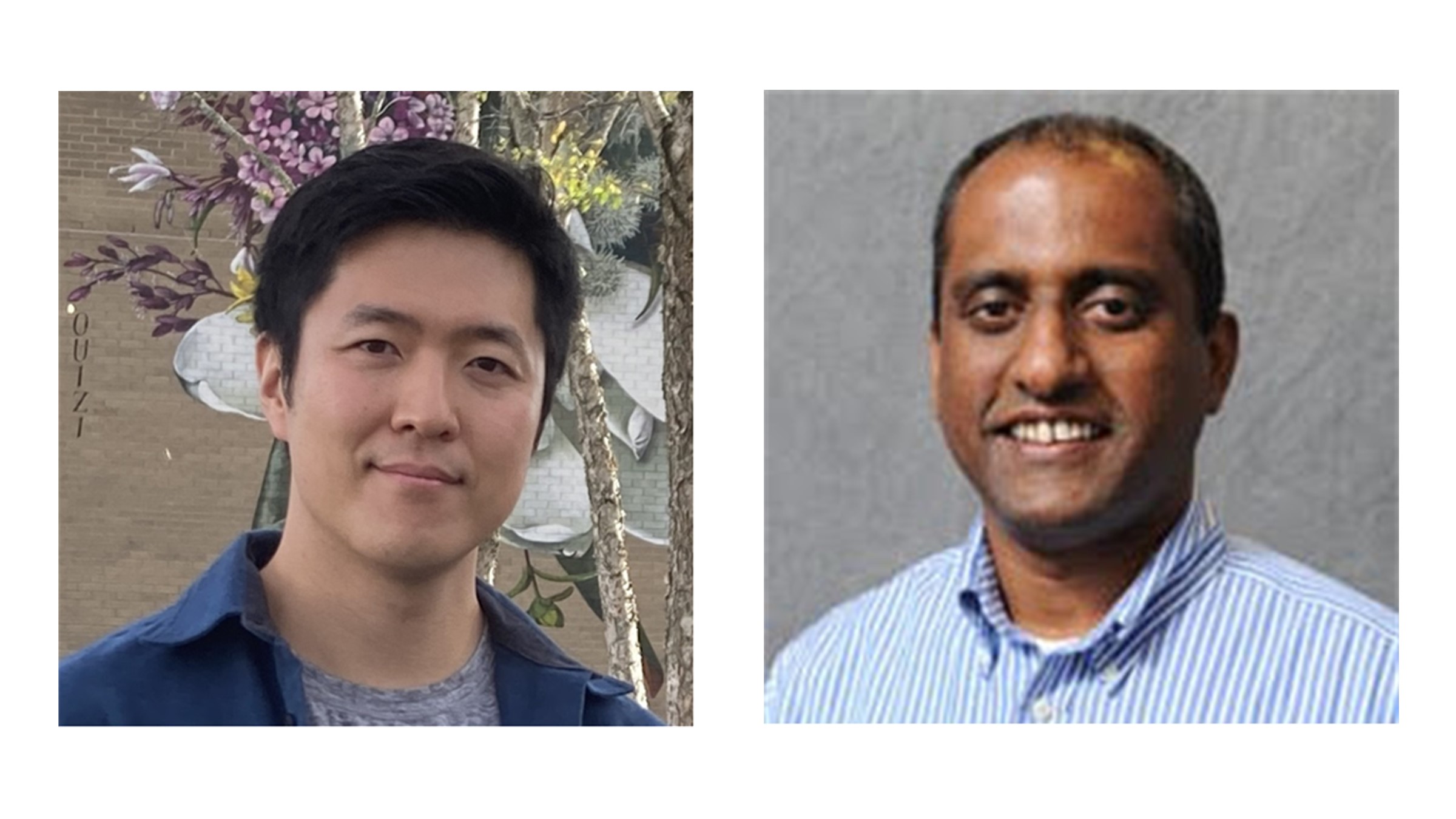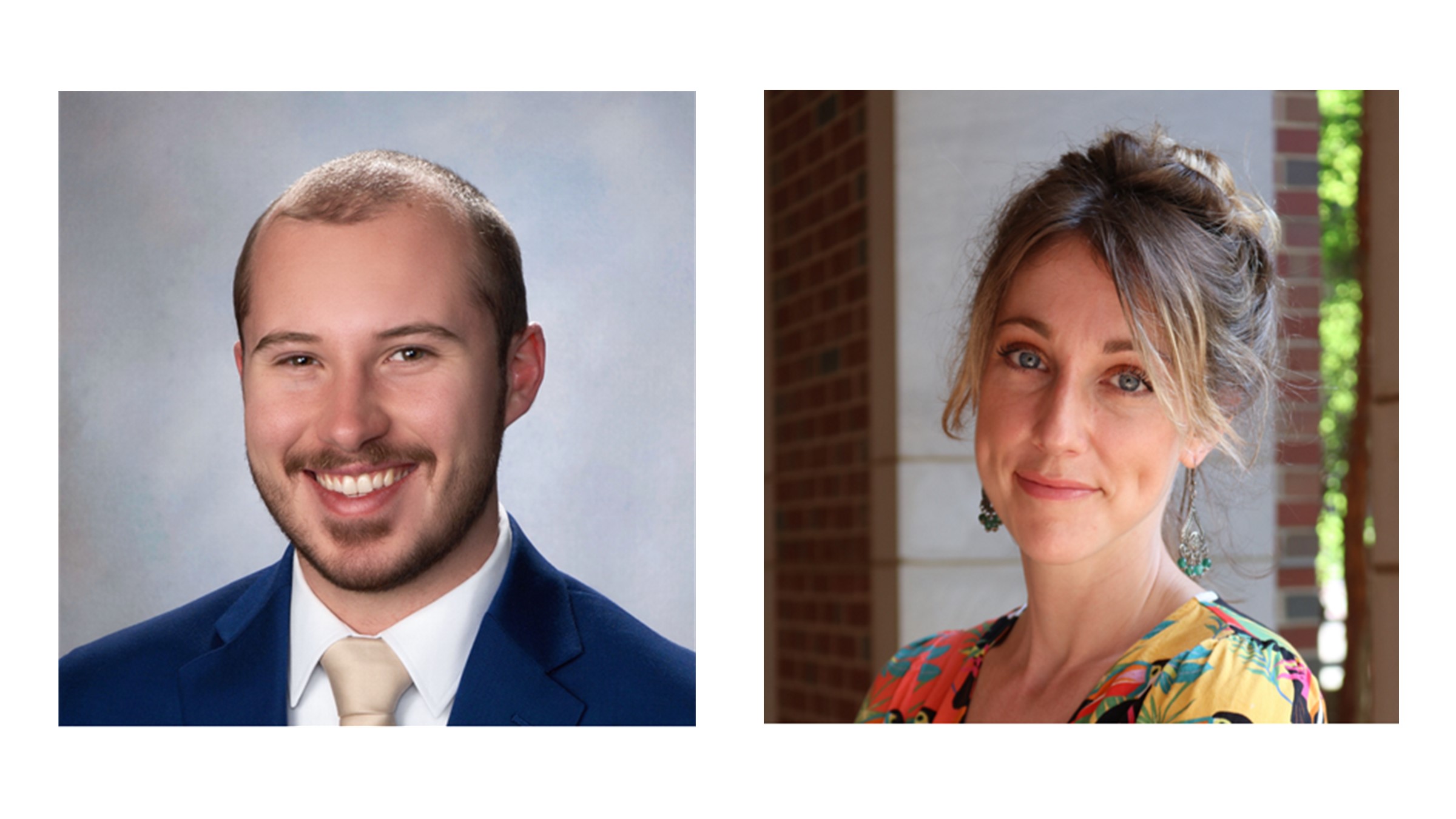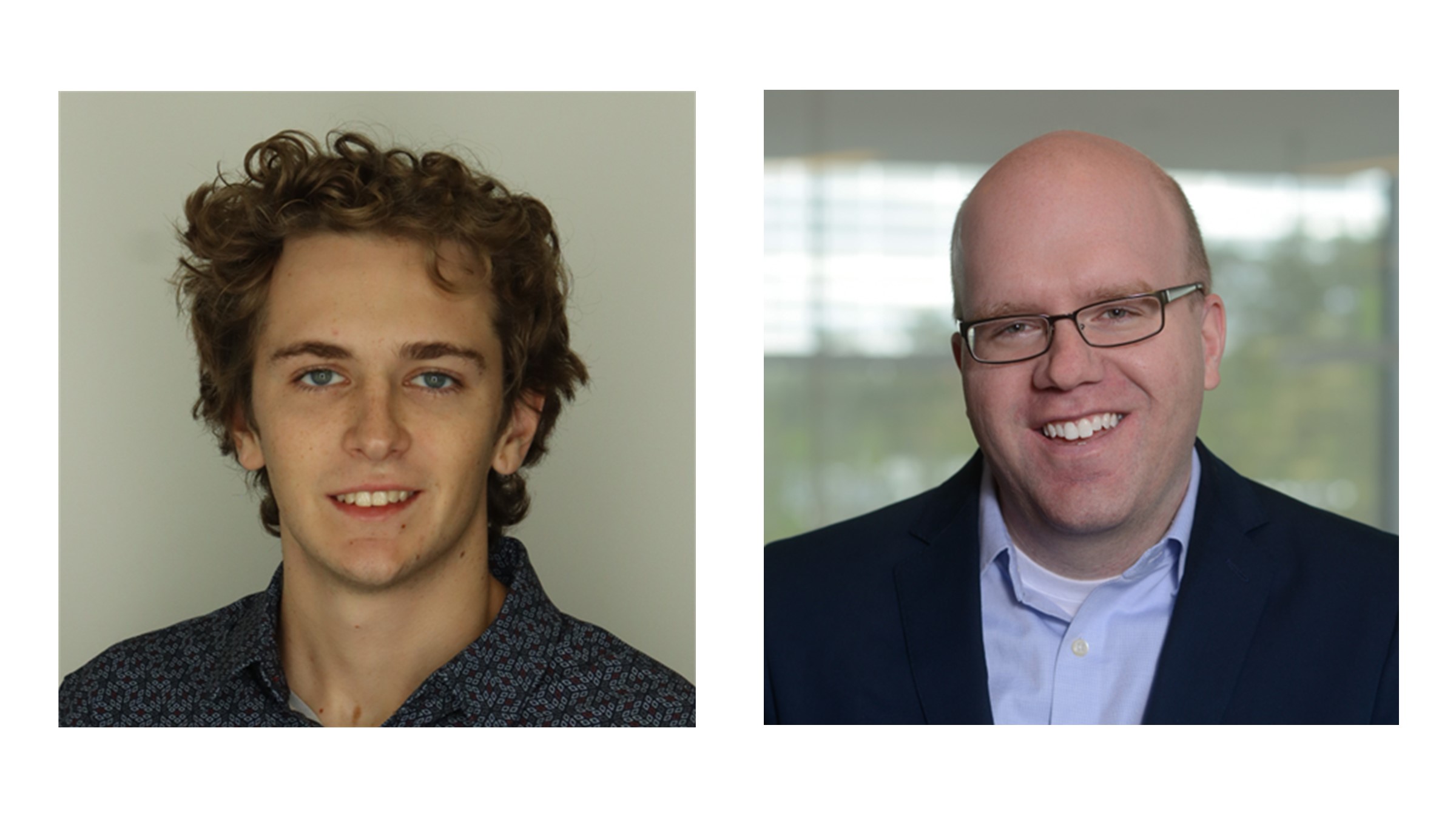Three CCEE student-faculty teams selected for KIETS Climate Leaders Program
Three CCEE student-faculty teams were selected to join the 2024 The Kenan Institute for Engineering, Technology & Science (KIETS) Climate Leaders Program: Ph.D. student Kichul Bae and Professor Sankar Arumugam, Ph.D. student Ryan McCune and Assistant Professor Katherine Anarde, and environmental engineering student Jack Voight and Associate Professor Casey Dietrich. The student/mentor teams are approaching climate change in innovative ways to improve agriculture, forest conservation, risks from infectious diseases, carbon capture/sequestration, energy hubs and alternative energy sources, flood modeling and flood mitigation/adaptation, landscape design, community engagement, public policy, and environmental justice and equity. The teams will work with their internship partners to develop solutions that mitigate and adapt to the challenges of climate change.
The 2024 cohort will attend the Climate Leadership Academy, gain experience through internships from the summer into fall, and attend the Climate Leadership Symposium in the fall.

Bae and Arumugam are focusing on adapting water resources management strategies to account for the challenges posed by climate change, including estimating and mitigating the impact of climate change on floods. Bae plans to intern with the U.S. Geological Survey as part of the program.
“I hope to find ways to closely link my research to government policies through this internship experience,” he said.
In addition to being a graduate student, Bae is also a government official at the Ministry of Environment in his home country, South Korea, and said he is well aware of the importance of building a network and communicating with various stakeholders to tackle climate change.
“The KIETS Climate Leadership Program provides opportunities to connect with people with the same goal but work in various fields,” Bae said. “Additionally, it offers internship experiences that can help align my work with other scholars and government policies. I am so excited about the experience I will have through this program.”

McCune and Anarde are conducting research to understand coastal flooding and adaptation pathways of coastal communities in a changing climate. As part of their work, McCune will intern with Core Sound Waterfowl Museum & Heritage Center in Down East, North Carolina.
“We are also discussing an additional internship experience with the KEY Project in Kaneohe, Hawaii, to gain understanding across different communities facing similar challenges from our changing climate,” McCune said.
McCune said he was “ecstatic” to learn he was selected to join the KIETS program.
“It is a very unique opportunity as an engineering student to be offered the chance to work with many other students outside of my own discipline and to grow through internship experience,” he said “This program will definitely expand my abilities within and beyond engineering as we discuss mitigation and adaptation to climate change and I build skills outside of my current research.”

Voight and Dietrich are using tidal and hurricane modeling to analyze sea level rise’s impact on storm surge, coastal infrastructure, and mitigation efforts. Voight will continue working on research for CCEE’s Coastal & Computational Hydraulics Team with Dietrich and Ph.D. student Jenero Knowles through the spring semester, assisting in analyzing storm surge scenarios at Naval Station Norfolk in Virginia. During the summer, Voight will work as a coastal community resilience assessment coordinator for ten weeks, assisting an at-risk coastal community with documenting, mapping, and reporting community assets and vulnerabilities using geospatial tools.
“This program will allow me to use the skills I’ve developed in research here to help a community that may not have access to these services normally,” he said. “The Climate Leaders program will assist with monthly meetings and a Leadership Academy at NC State’s Center For Marine Sciences and Technology to ensure I am prepared professionally to take on my internship.”
Voight said it was very rewarding to be selected for the program because it felt like a reflection of the undergraduate research he has participated in over the past year and his continued involvement in the CCEE department.
“I believe this program will help widen my perspective as an engineering student,” Voight said. “While the CCEE department has a variety of programs across different problems, we still focus on very large infrastructural problems of high priority. Climate Leaders is interdisciplinary and will bring some of the more niche research problems and potential solutions to my attention, which could potentially help me in my own research.”